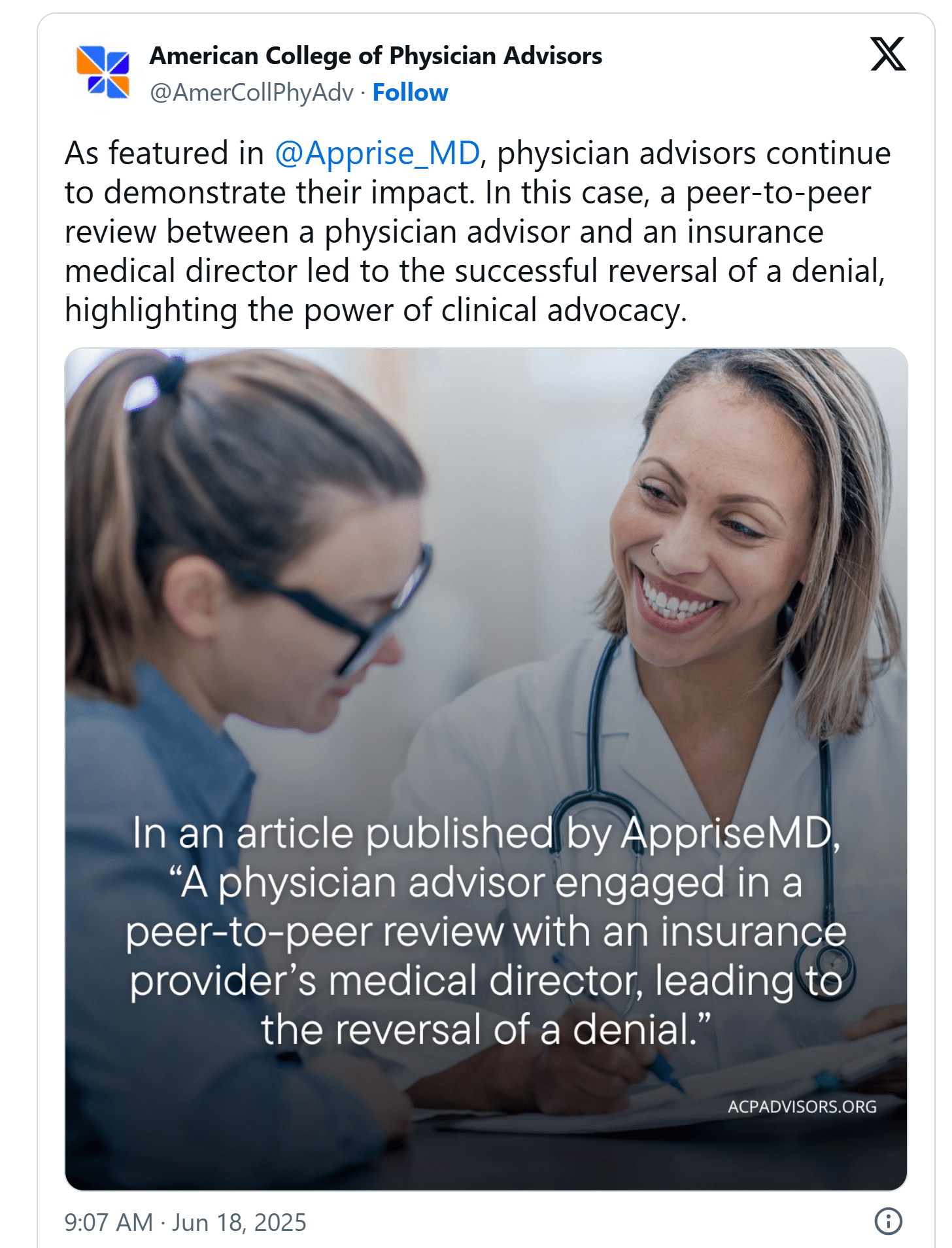AppriseMD Blog
CLINICAL SUMMARY: A previously healthy six-year-old boy arrived in the emergency department with chest pains and a high heart rate of 240 bpm. Upon arrival, he was hemodynamically stable and had no mental status changes. The symptoms began during an evening soccer practice and continued once he was at home. His mother, who has a […]
White Papers

The financial impact of the IPO list magnified with the rise of CMS-4201-F, giving rise to inpatient reimbursement for all MAO patients who require services designated on the IPO list. Hospitals need to ensure that the proper setting is scheduled when any Medicare or MA patient undergoes a procedure designated on the IPO list, and they should also follow any proposed additions and removals to the list closely to ensure appropriate treatment and reimbursement.
Case Studies
CLINICAL SUMMARY: A 70-year-old patient arrived in the Emergency Department (ED) from an assisted living facility (ALF) as his renal function deteriorated, and he slipped into a severely depressive state. The patient appeared pale and withdrawn, and the ALF staff reported that the patient did not eat or drink for approximately three weeks. Additionally, the […]




